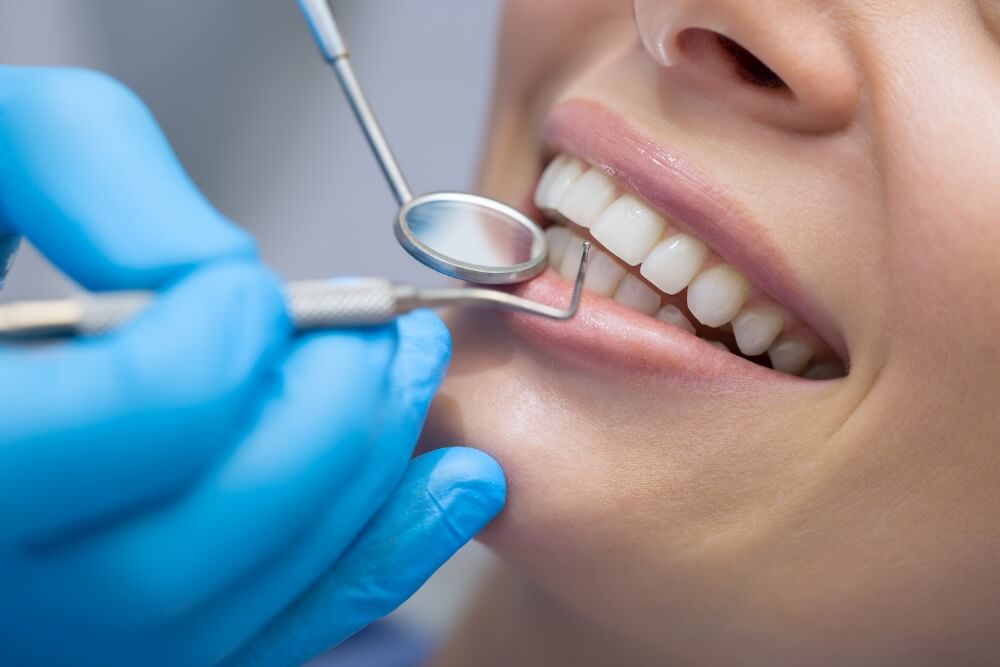Good oral hygiene is essential in maintaining your dental health and overall well-being. At Nunyarra Dental, we’ve witnessed first-hand the significant benefits of a consistent and effective oral hygiene routine. This blog post will share tips on the best oral hygiene practices to keep your teeth and gums in excellent condition.
Understanding Dental Hygiene
Dental hygiene refers to maintaining cleanliness in your mouth to prevent dental problems like cavities and gum diseases. A solid dental hygiene routine is essential in warding off various dental issues, supporting your mouth’s overall health, and ensuring a bright and confident smile.
Steps to Achieving Good Oral Hygiene
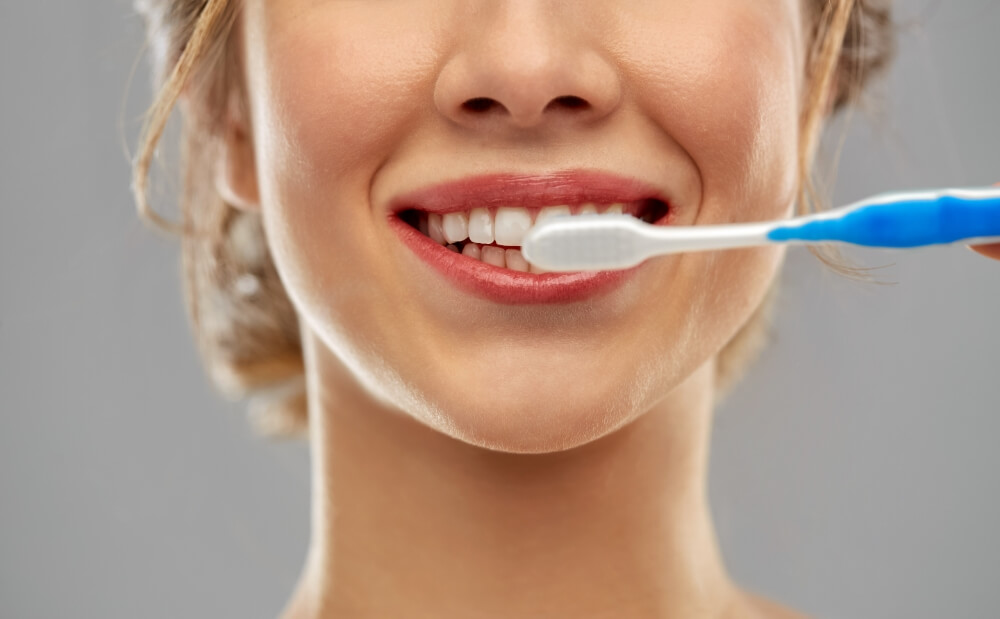
- Brushing Your Teeth Properly
The first step to excellent oral health is practical brushing. You should brush your teeth twice daily. It’s also advisable to brush after meals. Remember to replace your toothbrush every three to four months or sooner if the bristles are frayed.
Using fluoride toothpaste, brush your teeth in a circular motion, ensuring you cover all outer, inner, and chewing surfaces. Remember to brush your tongue to remove bacteria and freshen your breath. - Flossing
Flossing is an often overlooked but crucial aspect of dental hygiene. It helps remove food particles and plaque from areas your toothbrush cannot reach. Daily flossing is recommended as it helps to prevent plaque buildup, cavities, and gum disease. - Regular Mouthwash Use
Using mouthwash can help eliminate bacteria that cause plaque and bad breath. Mouthwash can also help maintain strong teeth and healthy gums. Remember to opt for a mouthwash that contains fluoride for added protection against cavities. - Regular Dental Checkups and Cleanings
Regular dental checkups and cleanings are vital to maintaining good oral health. Our blog post, Why Dental Checkups & Scale & Cleaning Are Important, explains this routine. A professional dental cleaning at Nunyarra Dental can remove hardened plaque (tartar) that brushing and flossing at home can’t.
A Deeper Dive Into the Importance of Dental Hygiene
Understanding the importance of dental hygiene starts with recognising its role in our overall health. Poor dental hygiene can lead to serious health complications beyond your mouth. Gum disease and cavities, if left untreated, can contribute to systemic health issues such as heart disease and diabetes. This interconnection underlines the critical role of a healthy mouth in maintaining a healthy body. It’s not just about a beautiful smile; it’s about your well-being.
Choosing the Right Dental Products
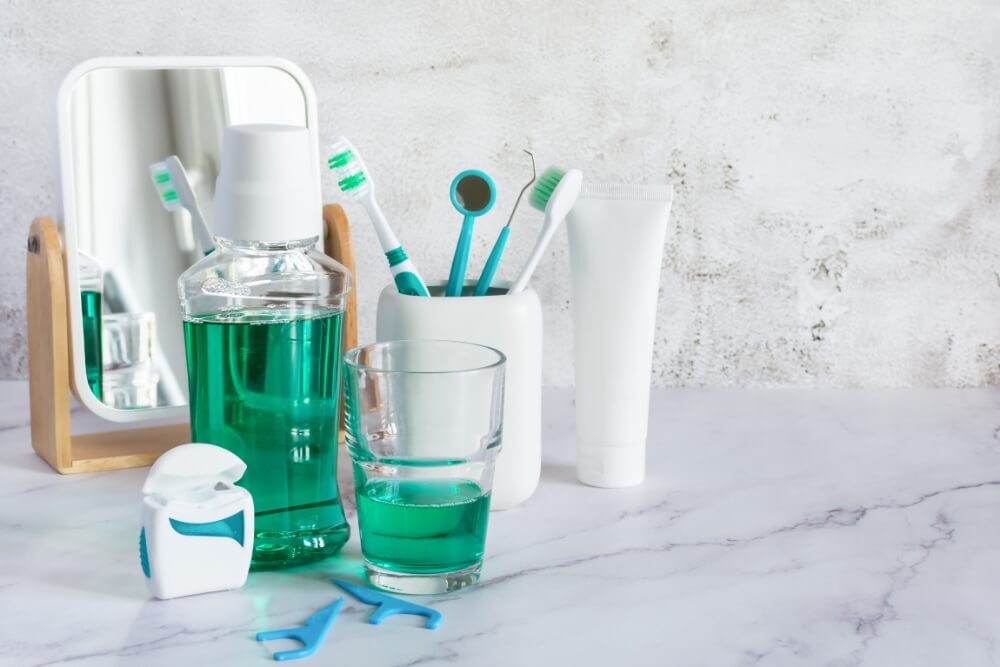
In today’s market, we are spoilt for choice when it comes to dental hygiene products. You have a myriad of toothbrushes, toothpastes, flosses, and mouthwashes to choose from. It can be overwhelming, and often we need to figure out what will work best for our unique needs. Your dentist at Nunyarra Dental can guide you in choosing the right products based on your oral health condition and personal preferences.
Why is Fluoride Important?
Fluoride plays a vital role in oral health. It strengthens the enamel, the outermost layer of your teeth, making it more resistant to decay caused by acid-producing bacteria in your mouth. Regularly using fluoride toothpaste and mouthwash can reduce the risk of cavities and tooth decay.
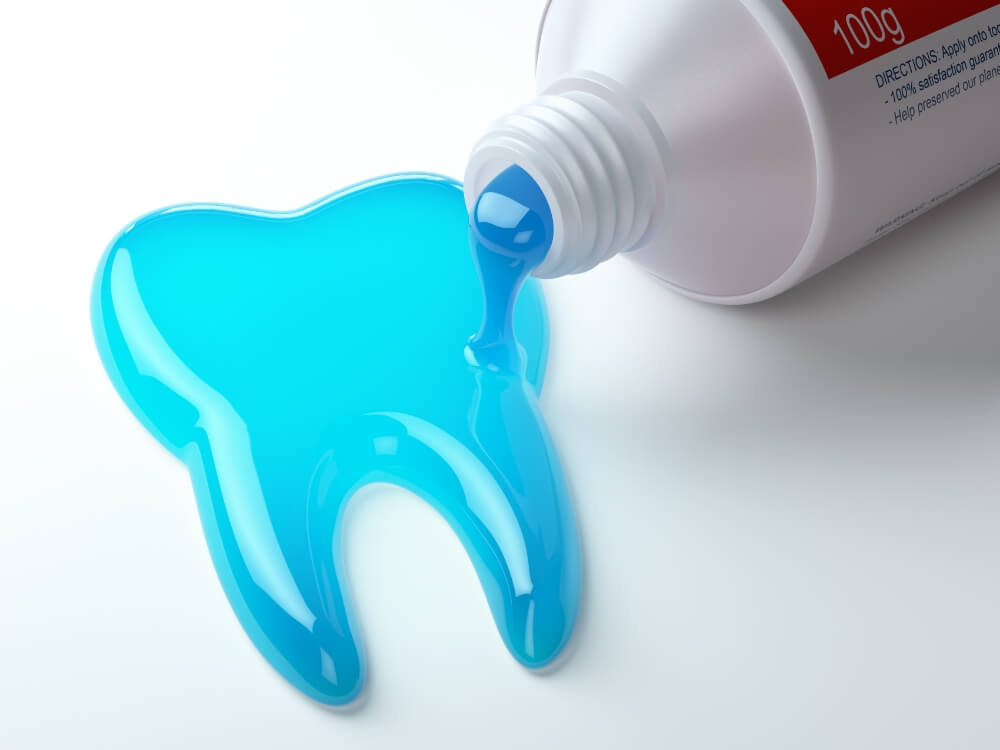
The Role of Diet in Oral Health
What you eat significantly impacts your oral health. Consuming a balanced diet helps provide the necessary nutrients for optimal oral health. Limiting your sugar intake is crucial as the bacteria in your mouth feed on sugars, producing acids that can erode tooth enamel, leading to cavities.
Understanding Plaque and Tartar
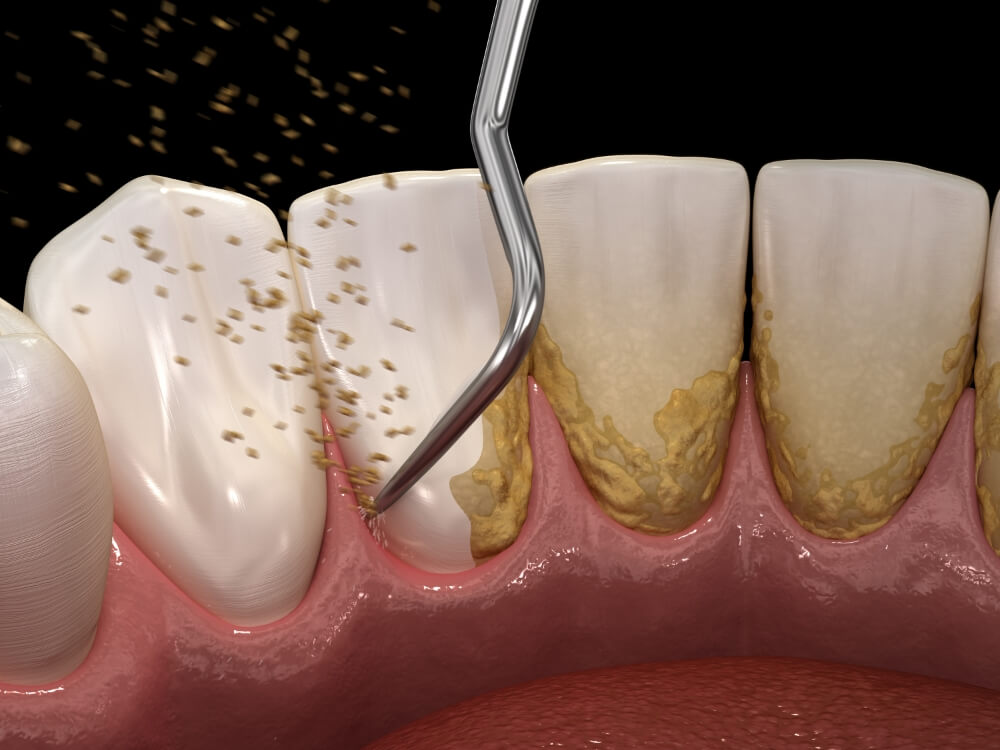
Plaque is a sticky film that accumulates on your teeth and contains bacteria. If not removed regularly, it can harden into tartar, which a dentist or dental hygienist can only remove. Regular brushing and flossing are the best defence against plaque and tartar buildup. Our post on Dental Crowns – Everything you need to know provides more details about the effects of plaque and tartar on your oral health.
What Happens If You Neglect Your Oral Hygiene?
Ignoring your oral hygiene routine can lead to several issues, including cavities, gum disease, and even tooth loss. Cavities, or tooth decay, result from a buildup of plaque, the sticky substance that forms on your teeth. If you’re experiencing tooth pain, it could be due to cavities or other dental issues, which we have discussed in our blog post What causes tooth pain.
In severe cases, poor oral hygiene can lead to dental emergencies. If you ever find yourself in such a situation, our post on What To Do If You Have A Dental Emergency can provide guidance.
In Conclusion
The importance of good oral hygiene cannot be overstated. It’s a vital element of your overall health and well-being. It’s not just about having a beautiful smile; it’s about maintaining a healthy body.
At Nunyarra Dental, we are committed to helping you understand and implement good oral hygiene practices at home. We encourage regular dental checkups and cleanings, using the right dental products, maintaining a balanced diet, and understanding the importance of good oral hygiene.
Your dental health matters. It’s a significant part of your overall health, and at Nunyarra Dental, we’re committed to helping you maintain it. If you have any questions or need to book an appointment, please don’t hesitate to contact us. We’re here to help you every step to healthy teeth and a confident smile.
Remember, your journey to excellent oral health begins at home. Stay consistent with your routine, and don’t hesitate to contact Nunyarra Dental for all your dental needs.
FAQs About Dental Hygiene
- How often should I change my toothbrush?
Changing your toothbrush every three to four months or sooner is recommended if the bristles are frayed. - How often should I visit the dentist?
You should visit the dentist for a checkup and cleaning every six months. However, you may need to visit more frequently for specific dental issues. - Can I reverse cavities?
Once a cavity has formed, it cannot be reversed. It needs to be filled by a dentist. This is why preventing cavities through good oral hygiene is so important. - Do I still need to floss even if I brush regularly?
Flossing is essential as it removes plaque and food particles that a toothbrush cannot reach. - Can poor dental hygiene affect my overall health?
Yes, poor dental hygiene can lead to various health issues beyond your mouth, including heart disease, diabetes, and respiratory diseases.

